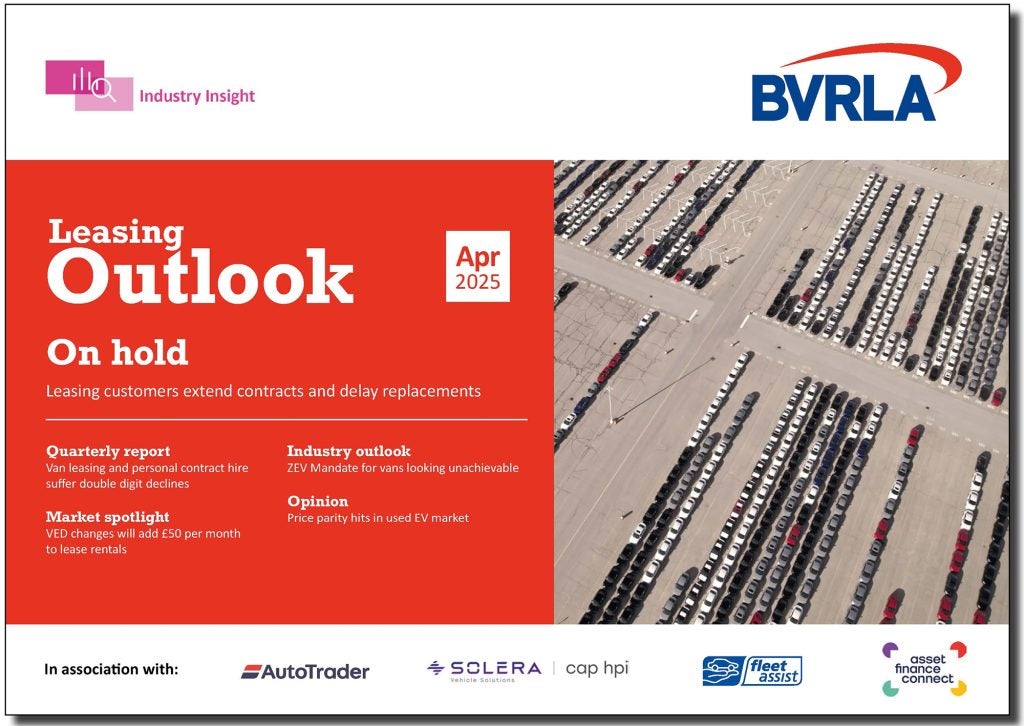In 2021, the Financial Conduct Authority (FCA) banned discretionary commission arrangements (DCAs) in motor finance, eliminating the incentive for brokers to raise the interest rates on vehicle finance for customers. The regulator has since requested that firms review their past practices and address any harm caused by the use of these now-prohibited DCAs.

A key development occurred in 2024 when the Court of Appeal ruled on three major lenders alleged to have engaged in these practices. The court found that dealers breached their fiduciary duties by not disclosing commission arrangements, setting a precedent for widespread consumer redress. This ruling opened the door to potential claims worth billions of pounds for mis-sold motor finance.
As a result, lenders have been ordered to repay commissions to affected customers. Law firms and claims management companies are actively pursuing claims, and commentators have drawn parallels to the payment protection insurance (PPI) redress programme.
In a written submission to the Court of Appeal on 2 April 2025, the FCA warned that the ruling may have extended too far in legal terms, cautioning against unintended consequences. Nonetheless, the decision could expose lenders to compensation claims worth up to £44 billion.
The FCA stated: “If we find there has been widespread misconduct and that consumers have lost out, we will identify how best to make sure people who are owed compensation receive an appropriate settlement in an orderly, consistent and efficient way.”
Despite concerns about legal overreach, both the FCA and the courts have made it clear that lenders should not delay in reviewing past practices and proactively addressing customer harm. The characterisation by some firms that car dealers are comparable to high-street sales staff has been challenged, particularly given the long-term financial impact of motor finance agreements and the hidden nature of broker incentives.

US Tariffs are shifting - will you react or anticipate?
Don’t let policy changes catch you off guard. Stay proactive with real-time data and expert analysis.
By GlobalDataThere is now industry-wide recognition that lenders must act. Many firms are already seeking to quantify their exposure, engage with affected customers, and explore remediation strategies ahead of the FCA’s expected next update in May 2025.
Firms are increasingly turning to automated customer outreach tools to identify eligible consumers and facilitate the redress process. These systems are also being used to streamline complaint handling, reduce administrative barriers and deploy resources to reach timely and fair decisions.
Delays in issuing redress payments are likely to lead to higher overall costs due to the standard 8% statutory interest rate typically applied to compensation awarded via the Financial Ombudsman Service.
With compensation estimates ranging from £44 billion to £100 billion, depending on the scope and duration of alleged mis-selling, the implications for the lending sector and wider UK economy are significant.
Karan Kapoor is Global Head of Regulatory and Risk Consulting at Delta Capita








